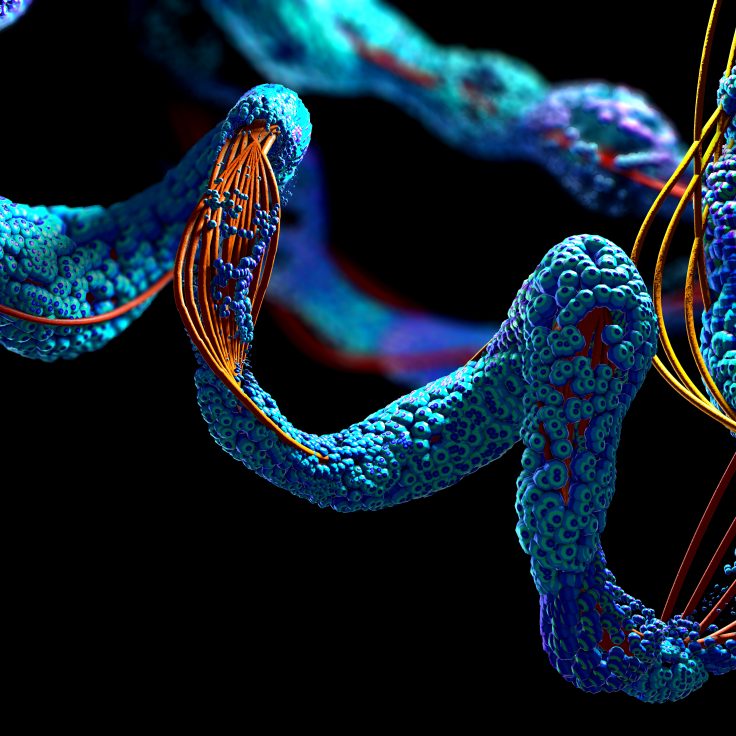A New School of Thought
Research projects in psychology are using artificial intelligence to understand our minds
As we teach machines to think for us, technology is returning the favor by revealing new insights into our own thought processes. Researchers in the Department of Psychology have embarked on new projects that leverage AI to better understand brain functions and human behavior.

Assistant professor Steven Weisberg uses machine learning to study how the structure of the brain determines people’s ability to navigate. While some studies have shown a relationship between the size of the hippocampus and a strong sense of direction, other compelling studies suggest that hippocampal volume may be too simplistic a measure that does not tell the whole story.
By training automated tools to identify relationships between behavioral data and 3D brain imaging, researchers can come to a more nuanced grasp of the role of complex brain properties — ones that can’t otherwise be measured easily. “People are hungry for tools that can show us a richer connection between neural structure and behavioral outcomes that we care about,” Weisberg said.
Assistant professor Brian Odegaard, meanwhile, is building AI models that predict cognition and behavior based on massive datasets from MRI scans. And professor ANDREAS KEIL is collaborating with researchers from UF’s Herbert Wertheim College of Engineering to create an AI system to better understand how the brain processes emotional information — and how disruptions lead to mental disorders.
This is just the start of AI’s potential to unlock the mystery of the human mind. “I’m hard-pressed to think of an area of my research that hasn’t been touched by artificial intelligence,” Weisberg said.
More stories about artificial intelligence from the fall 2021 issue of Ytori Magazine.


